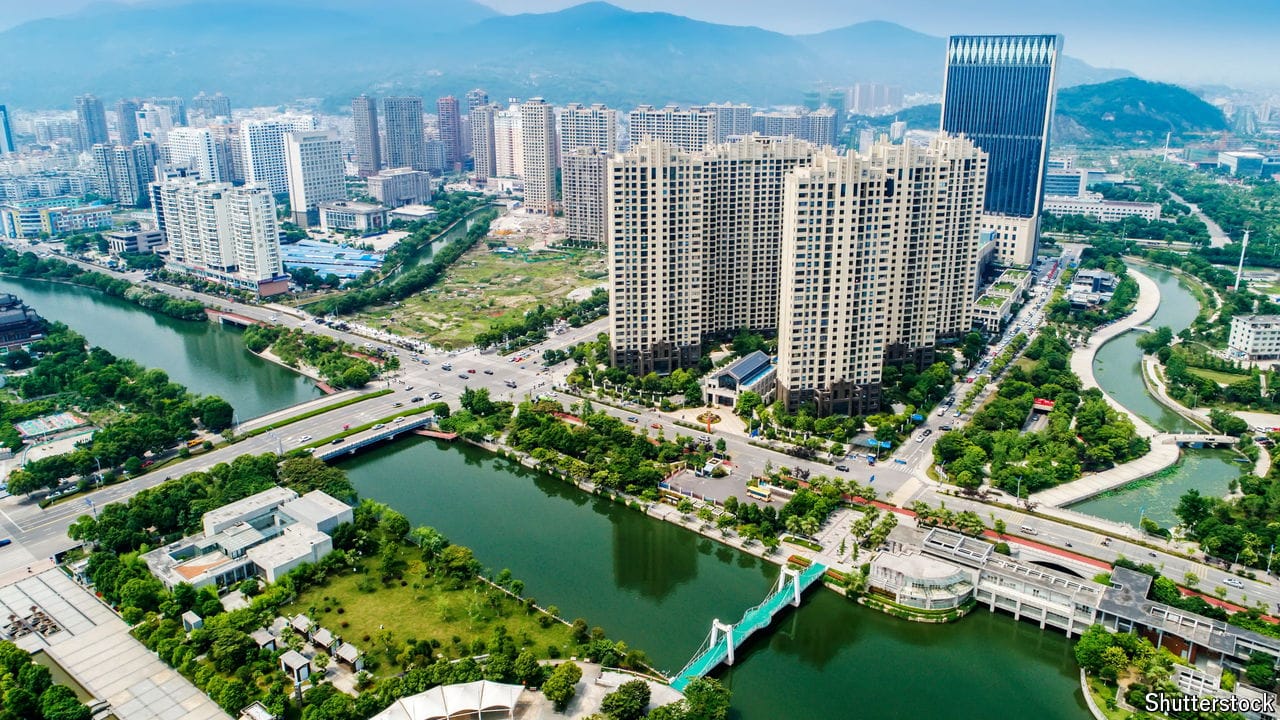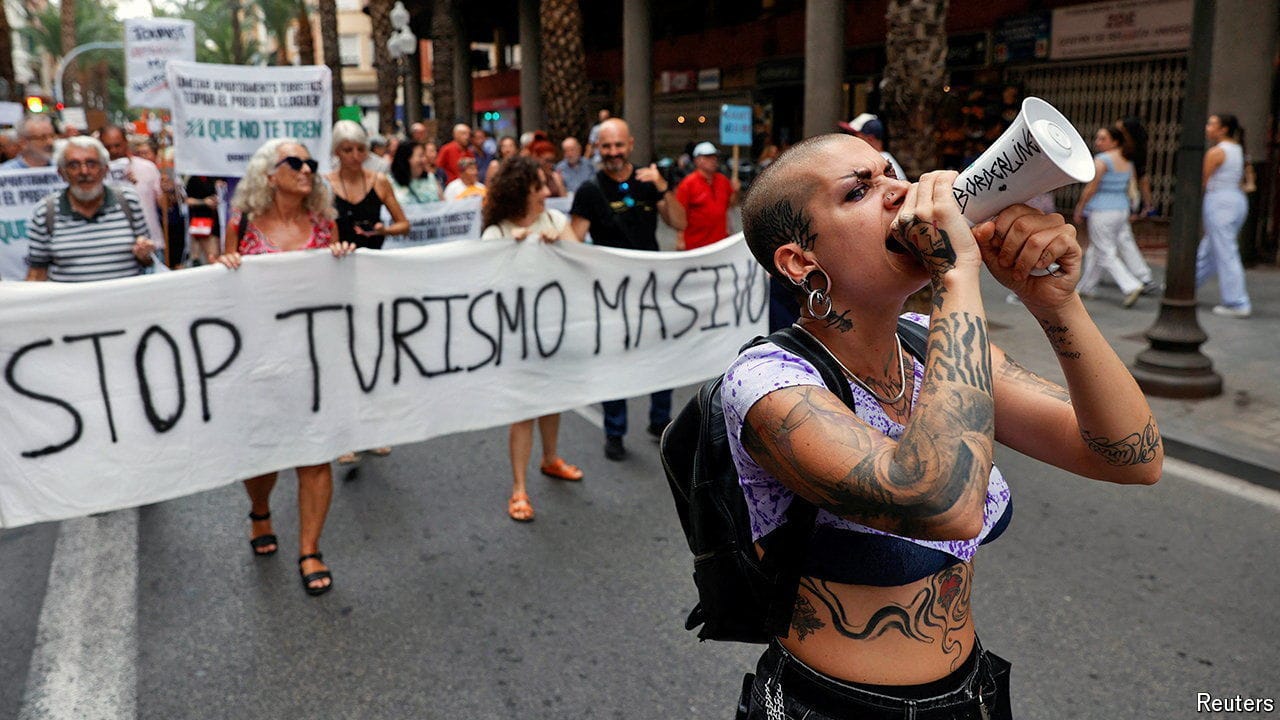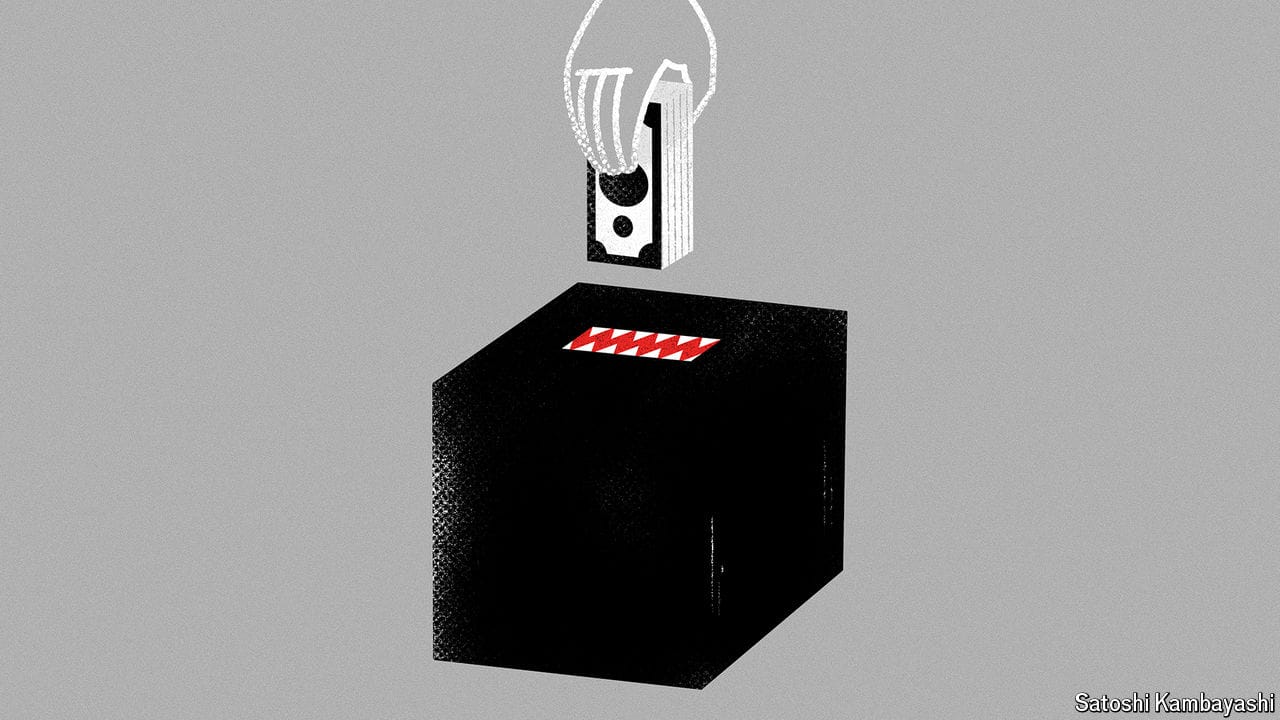The insidious threats to central-bank independence
Meddling politicians are mostly a thing of the past, but that is no reason for complacency

“Just kick ’em up the rump a little.” That was how President Richard Nixon advised Federal Reserve chairman Arthur Burns to persuade the rest of the Fed board to cut interest rates in 1971. Kicked or not, the central bankers complied. Cuts helped Nixon to re-election by boosting employment. They also contributed to double-digit inflation that would not be decisively tamed until Paul Volcker ran the Fed in the 1980s.
On December 14th the Federal Reserve raised interest rates by another 0.5 percentage points; the European Central Bank (ecb) and the Bank of England were expected to follow suit shortly after The Economist’s weekly edition was published. Technocrats have spent the decades since Burns making Nixon-like meddling more difficult. An academic cottage industry is devoted to numerating and ranking central bankers’ independence. In 2020 there were more than 150 central banks classed as independent by the Bank of England’s count—some 90 more than in the 1970s. The ecb’s autonomy is guaranteed by treaty. When President Donald Trump criticised Jerome Powell, the present Fed chair, for raising rates in 2018, the president appeared both backward and impotent. This year President Joe Biden has emphasised his support for the Fed. Some British politicians in the governing Conservative Party even argue that the Bank of England has not raised rates enough.
This article appeared in the Finance & economics section of the print edition under the headline “Modern Nixons”
Finance & economics December 17th 2022
- How the West fell out of love with economic growth
- The game is up for Sam Bankman-Fried
- America’s inflation fever may be breaking at last
- What an unusual auction says about the art market
- Europe looks increasingly complacent about the winter ahead
- The struggle to put a carbon price on a flight
- The insidious threats to central-bank independence
More from Finance and economics

China’s last boomtowns show rapid growth is still possible
All it takes is for the state to work with the market

What the war on tourism gets wrong
Visitors are a boon, if managed wisely

Why investors are unwise to bet on elections
Turning a profit from political news is a lot harder than it looks
Revisiting the work of Donald Harris, father of Kamala
The combative Marxist economist focused on questions related to growth
Donald Trump wants a weaker dollar. What are his options?
All come with their own drawbacks
Why is Xi Jinping building secret commodity stockpiles?
Vast new holdings of grain, natural gas and oil suggest trouble ahead
